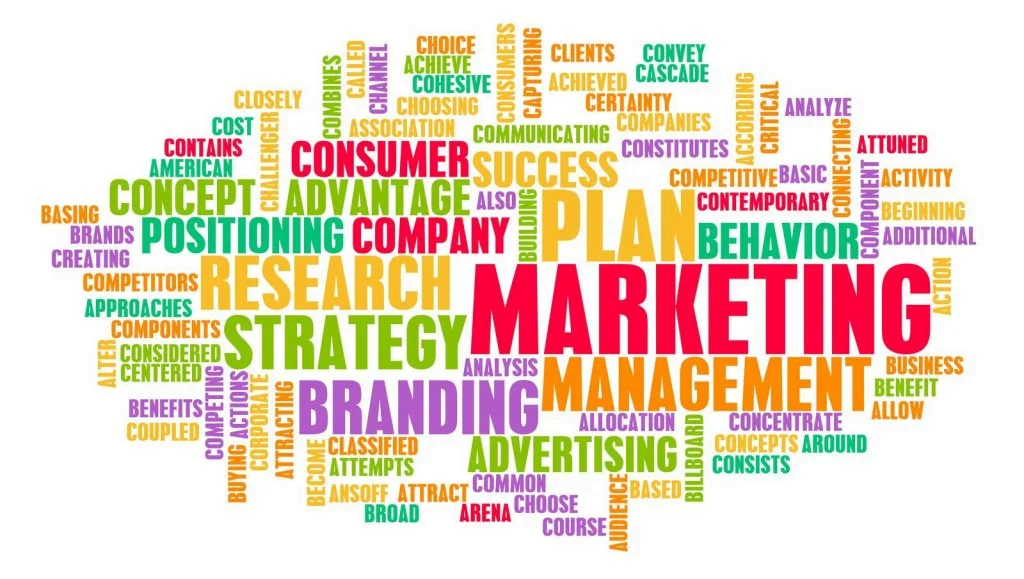As you work on spending your time and resources building a product, the question of when and how to start marketing is a question that many founders delay longer than they should. However, we also know that when startups fail, it is often because their marketing is lacking and not because they do not have a product that meets a need.
We wanted to share helpful advice on when and how to start building the marketing function of your business.
This gave us the chance to catch up with Carolyn Betts a Chief Marketing Officer (CMO) Consultant, Tech Investor, Mentor and former Head of Marketing at Nuix to share some insights with us.
In the Q and A below, she has candidly discussed her career journey as well as shared some gems for founders who are ready to think more strategically about marketing their business.
Question: What did you want to be as a child? How has that changed over time?
Carolyn: At school, I was a sporty kid and wanted to be a physical education teacher. Unfortunately, I was in a bad accident in high school and needed to change my focus. When reflecting on my skills, I realised that I really enjoyed writing and pivoted to majoring in journalism and public relations. This degree led me to jobs in media and politics until I “accidentally” ended up in a marketing role about 10 years into my career.
Through my public relations experience, I became a good “spin doctor.” However, I eventually decided to study change management because I realised that it is difficult to change the external appearance of a company when it was really the internal structures and processes of a company that need to change to genuinely lead to long term growth and success.
Question: Throughout this time, how has the marketing industry changed?
Carolyn: When I first entered into the field, the goals were much broader and the ability to measure success was much less defined than it is now. Since I have been in the field, the biggest change in marketing came in the early 2000s as automation and CRMs started becoming more popular. These tools quickly and significantly transformed what even small marketing teams could achieve.
However, this automation also led to an increase in the skill sets required in marketing departments which began to include creative, management, and analytical skills. Organisations’ leadership was forced to think more strategically about the type of marketing talent required in-house and start building up networks of freelancers that are available to fill in the gaps.

Question: What does a typical day look like for you?
Carolyn: It’s a difficult question to answer because my engagement with each company is so different. For some companies, I work in a purely strategic role where I help develop the hiring strategy and then step away, in others I mentor the marketing team, and for others, I am hands-on project managing and executing the strategy.
Question: What is the biggest challenge that startup founders face?
Carolyn: Overall, marketing tends to be a massive challenge for startup founders. Each of them knows they have to market their product but often do not have the budget or the headspace to effectively action this goal. This often leads to completely outsourcing their marketing department to a marketing agency.
However, for marketing to be successful, the founder needs to be committed to investing time in the strategy and brand vision. It is the founder that has the greatest ability to understand who their target customer is and develop high-level goals before an agency or freelancer takes over.

Question: There is lots of talk about a talent shortage in the startup industry in Australia. What is your advice for startups looking to recruit top talent?
Carolyn: Most importantly, you need to be clear on your brand vision, values and position and understand what your product value is and how it is unique in the marketplace. Even if an external consultant is required to formulate and clarify this vision, it is important to have in place before thinking about the hiring process.
Once there is a clear understanding of who the target audience is, it is much easier to hire people with the skill sets that are able to most effectively target them. For example, if you are hoping to have multi-national corporations as clients compared to selling your product to customers directly, the type of employees who can execute those tasks will be different.
I also recommend working with a specialist recruiter, especially if you do not have a wide personal network of potential talent. It is becoming increasingly difficult to find the best talent through posting ads on online job boards. Having someone that has a passive pool of candidates waiting and can guide you through the process can be very helpful.
Both from a marketing and a recruitment perspective, it is helpful to start with a base website with helpful content and social media marketing. These first steps will help create a brand presence when it comes time to begin a more strategic marketing function and make it easier to hire the right person to fill the role.
Question: Where do you see marketing moving into the future?
In order to predict where the industry is headed, it is important to analyse the phases we’ve seen. When I began my career, the focus was on mass marketing, with one message, delivered through radio, television, and newspapers and simply trying to appeal to as many people as possible.
Then came an era of transactional marketing with the launch of digital channels, including social media and marketing automation, and the focus became on the numbers of clicks, opens, downloads, likes and shares.
We are now firmly in a phase of engagement marketing, where we need to understand the different personas and can harness technology to achieve much more targeted and personalised experiences.
Finally, the marketing role no longer stops with a lead or even an order. We need to consider the whole customer lifecycle and think about how to engage helpfully with buyers and users to ensure they use your product or service, understand the value, and want to renew their subscription or buy the product again. In order to succeed, you need to focus on building long term relationships with people that you are trying to help.


